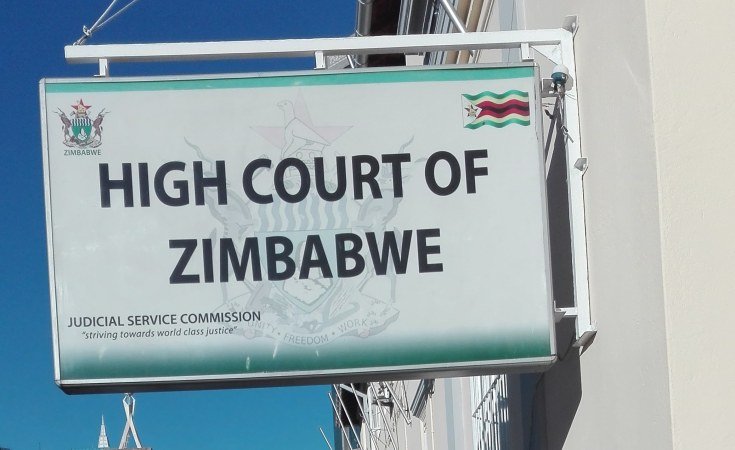In an unprecedented decision by the High Court of Zimbabwe, a landmark ruling has solidified the rights of long-term tenants to claim ownership of properties under specific conditions. The case unfolded in Bulawayo, where the court recognized a tenant’s three-decade-long commitment to a farm in Bubi District, Matabeleland North Province, culminating in the awarding of property ownership.
This legal victory stems from the Prescription Act, which posits that consistent payment of rates and rentals for a period of 30 years can transition a tenant into a property owner. The ruling has potentially set a precedent that could unlock numerous legal challenges from tenants across Zimbabwe, particularly those who have sustained long-term leases exceeding 30 years.
Central to this case was Mr. Ishmael Kusafunga Kaguru, represented by Cheda and Cheda Associates, who challenged the ownership of a farm he had rented from Humble Estate Private Limited. The narrative began in 1986 when Kaguru entered into a business partnership with Neil Stuart John Stone, then-owner of the farm, engaging in both farming and mining activities. Following Stone’s departure in 1989, Kaguru maintained uninterrupted possession of the 364-hectare farm, dutifully managing its operations and fulfilling all financial obligations related to the property.
Kaguru’s affidavit highlighted his 36-year uninterrupted tenure, substantiated by a confirmation letter from the Bubi Rural District Council, attesting to his up-to-date payments of rates and rentals. Despite efforts to serve summons to the last known address of Humble Estate and advertisements in the Chronicle newspaper, the original owners remained unreachable.
Justice Maxwell Takuva’s ruling affirmed Mr. Kaguru’s ownership, crediting his open and undisputed possession of the farm as if he were the rightful owner from 1986 to the present day. The court ordered the Registrar of Deeds and the Sheriff of the High Court to facilitate the transfer of ownership within ten days, marking a significant turn in the legal recognition of property rights through prescription.
This case not only underscores the provisions of the Prescription Act concerning property ownership but also sheds light on the act’s stipulations regarding debts, including those secured by mortgage bonds, judgment debts, and taxes owed to the state, which can be extinguished by prescription after a 30-year lapse.
As Zimbabwe grapples with the implications of this ruling, it heralds a potential shift in property rights and tenant protections, offering a new lens through which long-term leasing agreements might be viewed in the future.








